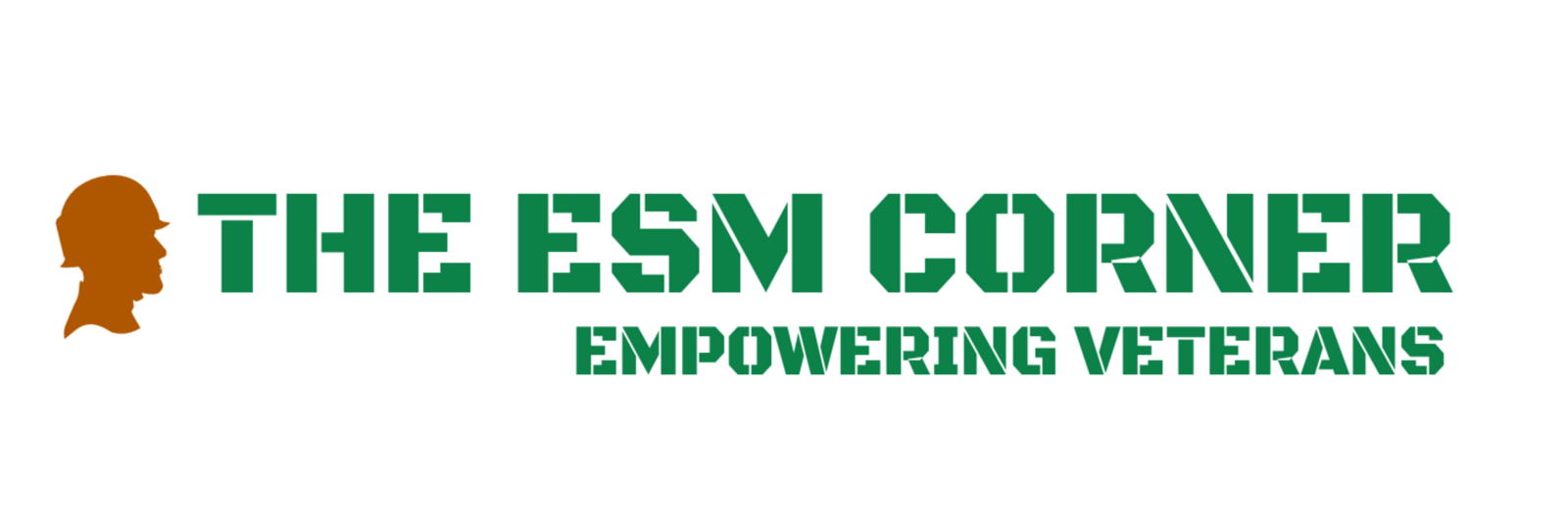
ECHS (Ex-Servicemen Contributory Health Scheme) polyclinics play a crucial role in providing initial healthcare and referrals for specialized treatment. When a beneficiary requires care beyond what is available at a polyclinic, a referral to an empanelled hospital is typically arranged. Empanelled hospitals are part of an approved network where beneficiaries can receive comprehensive medical services at subsidized rates. The polyclinic staff will assess the patient’s condition and, if necessary, issue a referral to one of these hospitals. This process ensures that the patient receives high-quality care within the established ECHS framework, following proper protocols for approvals and reimbursement.
Emergency Treatment at Non-Empanelled Hospitals
In emergencies, when immediate medical attention is required and no empanelled hospital is available, ECHS beneficiaries may seek treatment at non-empanelled hospitals. For such situations, treatment is permitted only if it is an urgent and life-threatening condition, such as a heart attack, stroke, severe asthma attack, or severe allergic reaction. Beneficiaries must contact their ECHS Regional Centre as soon as possible to inform them of the situation and seek subsequent approval for reimbursement. It is important to understand that while emergency care at non-empanelled hospitals is allowed, reimbursement may be limited, and higher charges may apply. Following the appropriate protocol ensures that beneficiaries receive necessary care while adhering to ECHS guidelines.
In a recent communication from the Adjutant General’s Branch to all Regional Centres, Dated 22 Sept 2023 a vital advisory has been shared regarding the treatment of ECHS beneficiaries at hospitals not on the approved list. The primary goal is to provide clear guidance and reinforce adherence to established rules, ensuring the safety and well-being of our respected veterans.
ECHS : Emergency Treatment Protocols:
Treatment at hospitals not on the approved list is permitted only in emergency situations, as outlined in Paragraph 16 of the SOP on Treatment Management dated 28 Sep 2018. For non-emergencies, individuals must seek treatment at a non-empanelled hospital only after obtaining prior permission from MD ECHS/Dir RC ECHS, following Paragraph 18 (a) of the SOP on Treatment Management.
Emergency Conditions for Non-Empanelled Hospitals
In urgent situations, ECHS beneficiaries may need to seek treatment at non-empanelled hospitals. Some of these emergencies include:
- Heart Attack (Myocardial Infarction): A serious condition caused by a blockage of blood flow to the heart muscle.
- Stroke: A sudden interruption in the blood supply to the brain.
- Severe Asthma Attack: A dramatic worsening of asthma symptoms.
- Severe Allergic Reactions (Anaphylaxis): A life-threatening reaction to an allergen.
- Trauma and Accidents: Such as fractures, head injuries, and severe cuts.
- Severe Infections: Including sepsis or severe pneumonia.
- Acute Appendicitis: Inflammation of the appendix that requires surgery.
- Acute Abdominal Pain: Conditions like pancreatitis or perforated ulcers.
- Severe Burns: Significant damage to the skin and underlying tissues.
- Poisoning: The ingestion of toxic substances.
Observations and Concerns:
Recent observations reveal an increasing number of beneficiaries seeking treatment at non-empanelled hospitals without obtaining prior approval, deviating from established guidelines. This raises concerns about potential risks and the possibility of inflated bills. It is crucial to note that non-empanelled hospitals may charge higher fees, and reimbursement is limited to genuine emergencies at Non NABH CGHS rates.
Mandatory Approvals and Categories:
For planned treatments at non-empanelled hospitals, beneficiaries are reminded of the necessity of obtaining prior approval from the concerned Regional Centre. Additionally, specific categories of ailments require special permission from CO ECHS, and cases involving unlisted implants, procedures, or investigations necessitate SEMO’s approval.
A robust advisory is issued to beneficiaries, urging them to avoid seeking treatment at non-empanelled hospitals without prior approval for non-emergencies. Officers in Charge (OIC) and Medical Officers (MOs) at Primary Care (PC) centers are actively encouraged to disseminate this information, fostering awareness and ensuring compliance. This comprehensive article underscores the importance of adhering to established protocols for the well-being of ECHS beneficiaries and upholding the integrity of the healthcare system. The cooperation of all stakeholders is pivotal in maintaining high standards of care and preserving the health of our esteemed veterans.
Click here to Read I REVISED GUIDELINES FOR ECHS REFERRAL PROCEDURES





